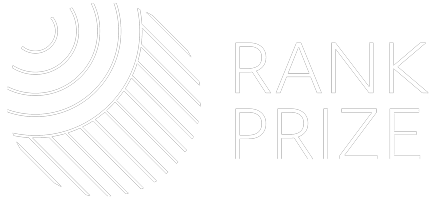The Impact of Nutrition on the Ageing Process
Nutrition
After a long hiatus in face-to-face symposia due to the COVID-19 pandemic, we were lucky enough to gather in person in the stunning Lake District for a collaborative meeting discussing the impact of nutrition on the ageing process. This timely meeting covered adaptations associated with the ageing process and highlighted emerging dietary interventions that can be used to promote heathy ageing. The conference took an interdisciplinary, bench-to-bedside approach, discussing basic science mechanisms in a range of simple model organisms, all the way through to translational human impacts. In doing so it brought together researchers who were unlikely to meet through their usual academic circles.
The meeting began with mechanistic research into understanding how lifespan can be extended and explored the interactions between eating behaviours and ageing. On the second day of talks, we discussed the interactions between ageing and nutrition on muscle health and the microbiome. We also heard about different dietary approaches and how these can affect healthy ageing. On the final day, we heard about the influence of genetic background, calorie restriction and ageing, and the interplay of hydrogen sulfide in ageing and diet.
The organisers and attendees of this symposium cultivated a warm and friendly environment, which created the perfect platform for everyone, particularly Early Career Researchers (ECRs), to discuss their research in detail and generate new research questions. These organic discussions were particularly evident during the organised lakeside walks and after-dinner informal networking sessions. Many attendees have also engaged with the GUILD app, helping establish a new community among the nutrition and ageing field. It is envisaged that the networks established during this symposium will lead to long-lasting research collaborations and future interdisciplinary grant applications.
Early Career Presentations
At the end of the symposium, the traditional prize for best presentation by an ECR was shared between two speakers, Dr. Lena Lampe (Francis Crick Institute) and Dr. Stephen Wilkie (Karolinska Institutet). The winners explain the work they presented here:
Dr. Lena Lampe: Time flies – the epicutaneous lipid barrier during ageing in Drosophila
“The skin barrier is essential to protect organisms from dehydration and environmental stresses. One main component of the skin barrier is lipids (oils), whose composition changes during the course of a lifetime. We combined the power of a novel surface-specific chemical imaging technique (OrbiSIMS) with the genetically tractable fruit fly model organism to better understand changes in skin lipid composition and function. We uncovered the presence of a unique skin lipid composition in very young flies that is developmentally regulated and may be particularly beneficial to the resilience of these flies’ skin barrier”.
Dr. Stephen Wilkie: Hydrogen sulfide at the interface of ageing and diet
“Thanks to decades of research, we now understand that the rate at which we age can be affected by factors such as our genes, environment, and diet. What remains to be discovered is what exactly is happening in our cells in response to these factors and how these changes actually extend the lifespan of organisms. My PhD research focussed on hydrogen sulfide, a chemical produced in most organs that is thought to play a part in the way our cells respond to dietary and genetic factors that affect lifespan. Better understanding of how hydrogen sulfide affects aspects of our biology might provide new targets for drugs that aid in healthy ageing”.
Congratulations to both!
Organisers
Prof. Helen Griffiths (University of Swansea)
Prof. John Mathers (Newcastle University, Rank Prize Nutrition Committee)
Prof. Sue Ozanne (University of Cambridge, Rank Prize Nutrition Committee)
Prof. Jenny Tullet (University of Kent)


